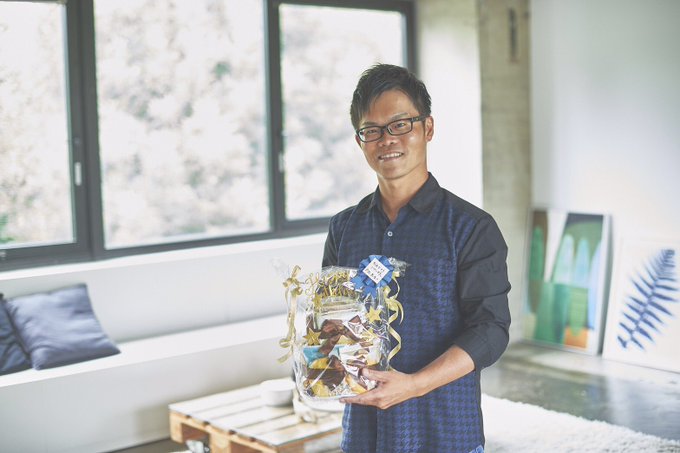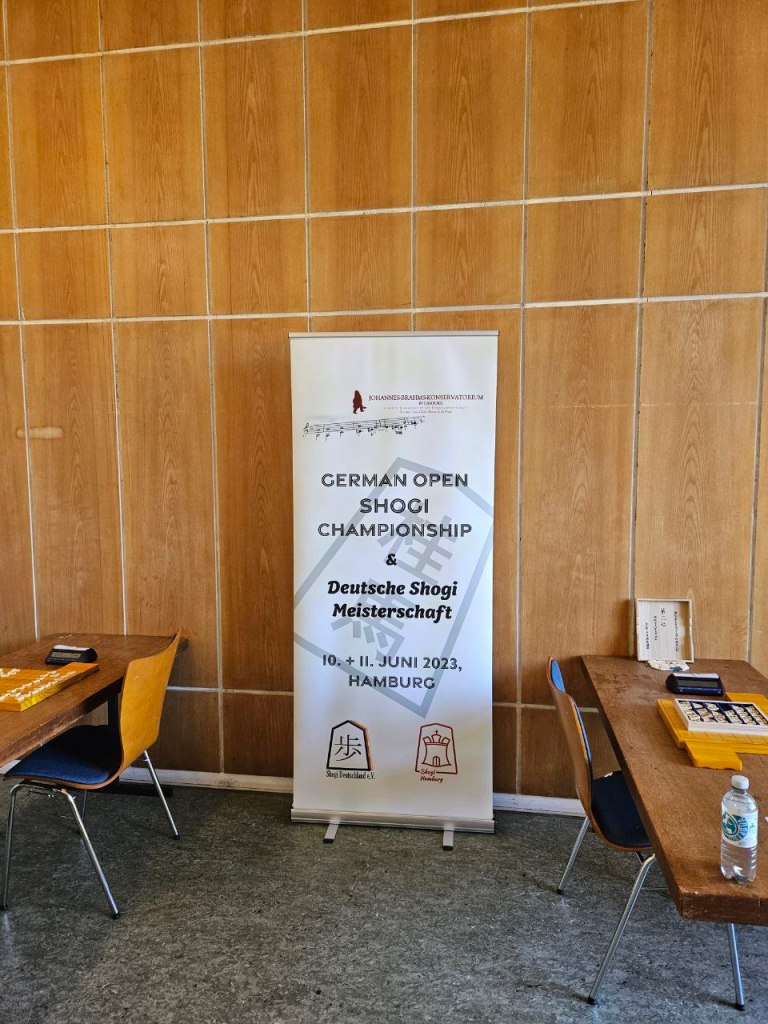Gentili soci e appassionati di Shogi,
con la presente desidero informarvi in merito agli ultimi sviluppi riguardanti l’Associazione Italiana Shogi – AIS.
Nella scorsa settimana si sono tenute le elezioni per il rinnovo del Consiglio Direttivo dell’AIS, che rimarrà in carica fino al 2027. Andrea, Gherardo e io siamo stati eletti, e mi è stato conferito l’onore di ricoprire la carica di Presidente. Desidero esprimere la mia più sincera gratitudine a tutti coloro che hanno riposto la loro fiducia in me e che hanno manifestato il loro sostegno.
Ringrazio altresì Andrea e Gherardo per la loro disponibilità e il loro impegno, già dimostrati nell’affrontare le numerose attività che ci attendono e nel proporre nuove iniziative che intendiamo realizzare nel corso del nostro mandato.
Un sentito ringraziamento va al Consiglio Direttivo uscente, in particolare al Presidente uscente, Giuseppe Baggio, per aver guidato questa transizione, che segna un importante passaggio generazionale. Un ringraziamento speciale anche a Marco e Francesco per il loro prezioso contributo, nonostante le difficoltà personali che hanno dovuto affrontare.
Assicuro a tutti che ci impegneremo al massimo per promuovere e diffondere lo Shogi in Italia, avendo come obiettivi primari il divertirsi e il piacere di stare insieme condividendo la passione per questo gioco. Continueremo a proporre i nostri tornei tradizionali sia online che dal vivo, primo fra tutti il Campionato Italiano; oggi è iniziato Un Marzo da Leoni 2025, classico torneo su 81dojo (a cui sono particolarmente legato poiché è stato il mio primo torneo di Shogi), e invito tutti a partecipare sabato 8 Marzo a un nuovo evento dal vivo a Milano, il I Torneo Lombardia Shogi.
Parallelamente penseremo a nuove proposte su questo canale e su altri, anche con nuovi contenuti e idee: come lo Shogi è una battaglia di idee anche il nostro crescere è legato al pensiero. Chiunque avesse idee o proposte si faccia avanti, proveremo a realizzarle insieme.
La partecipazione attiva di tutti sarà fondamentale e altamente apprezzata per il raggiungimento dei nostri obiettivi: la porta è aperta a tutti coloro che hanno idea e voglia di fare, insieme potremo continuare il percorso intrapreso nel 1999 e fare davvero tanto.
Un caro saluto, lunga vita all’AIS.
Luca Filighera
Presidente Associazione Italiana Shogi – AIS





























